One of the things that I found fascinating as I was studying to be a health coach through the Dr. Sears Wellness Institute was about the science behind protein. Did you know that protein is a part of every cell in our body?
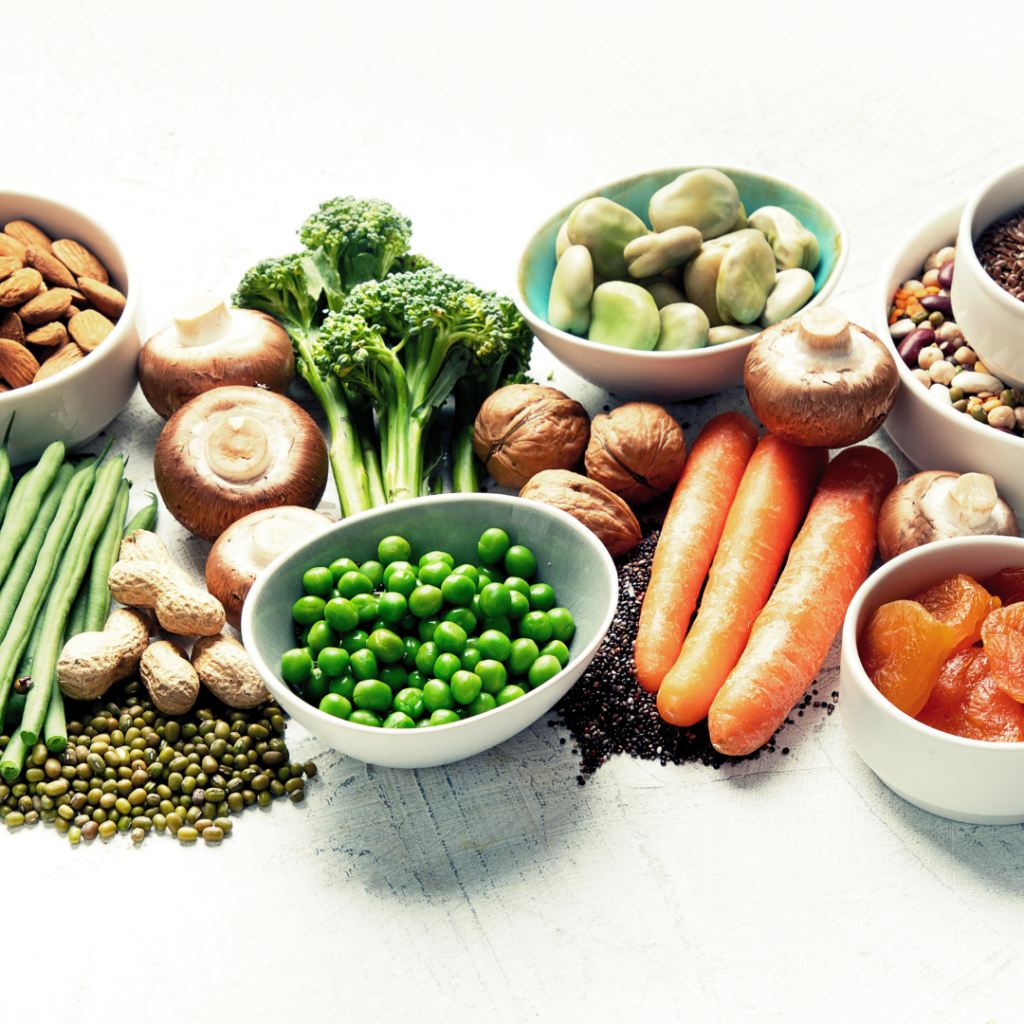
The protein in the foods we eat is digested and broken down into basic units called amino acids. Those amino acids are used to build and maintain muscles, bones, blood, and organs. We need 20 amino acids for our body to function normally. 11 of them are non-essential and out body creates on its own, the other 9 we need to get from foods.
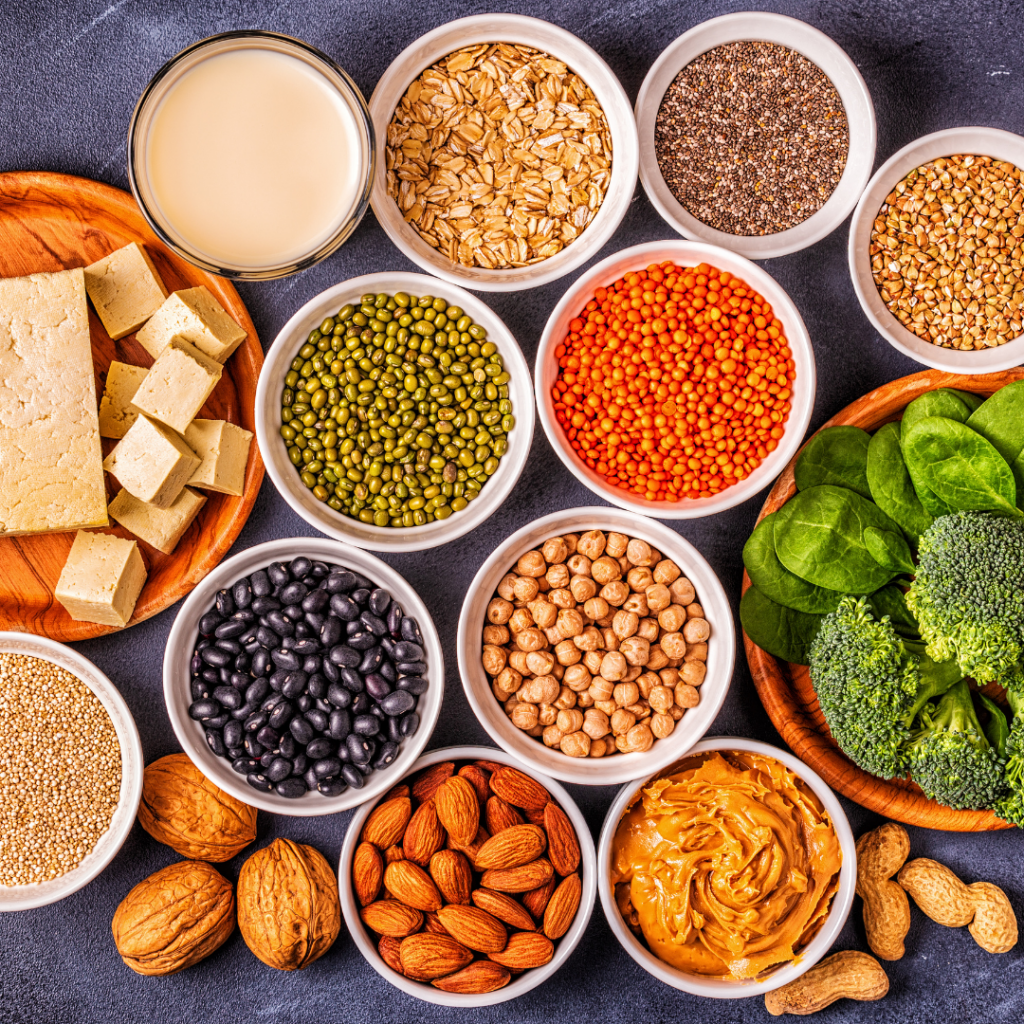
Our body cannot store these essential amino acids, so we must get them from foods otherwise our body will get it from our muscle tissue instead and that is not something you want. While things like meat, fish, dairy and eggs are considered complete proteins meaning by eating them you are getting the 9 essential amino acids, those of us that live a plant-based lifestyle can combine incomplete proteins such as beans, peas, nuts & seeds, whole grains, and veggies to make a complete protein.
The incomplete proteins do not need to be eaten at one sitting; they can be eaten throughout the day as our body will combine them naturally to create a complete protein. Some combinations include peanut butter with whole grain bread, split pea soup with barley, and veggies and hummus.
Why is Protein Good For You?
- Protein helps stabilize blood sugar levels
- Protein helps create a full and satisfied feeling
- Protein burns more calories than consuming the same amount of carbs
- Protein can serve as a natural anti-depressant and can help improve your mood and behavior
- Protein is necessary for proper growth and helps repair and replace worn-out parts in our body
- Protein helps us remain strong

Just one cup of Whole grain oatmeal contains 6 grams of protein and 1 cup of whole wheat pasta contains 7 grams of protein. Love peanut butter as much as I do, it contains 4 grams of protein. And artichokes which is not only beneficial to diabetics, but is high in protein with a whopping 4.2g of protein in just a medium artichoke. Try it with our Artichoke Spinach Dip by Mixing it with spinach, another high protein, nutrient dense food, some oat flour, plant-based milk, fresh squeezed lemon juice, and spices including garlic powder, onion powder, salt, and pepper and serve alongside some fresh carrot sticks or celery.
How much protein should you get each day though? If you are eating a balanced diet, then you really do not need to keep track of the grams. If you are curious though, growing children should be eating about gram of protein per pound of body weight whereas adults need about ½ gram of protein per pound of body weight.
Best Plant-based Proteins
Whole grains such as a whole grain bread
Legumes such as beans, lentils, and peas
Vegetables such as artichokes, spinach, and kale
Powerbowls
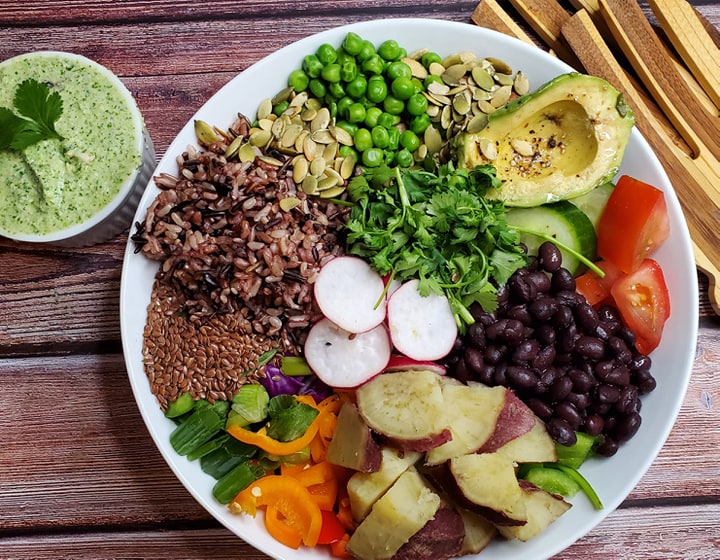
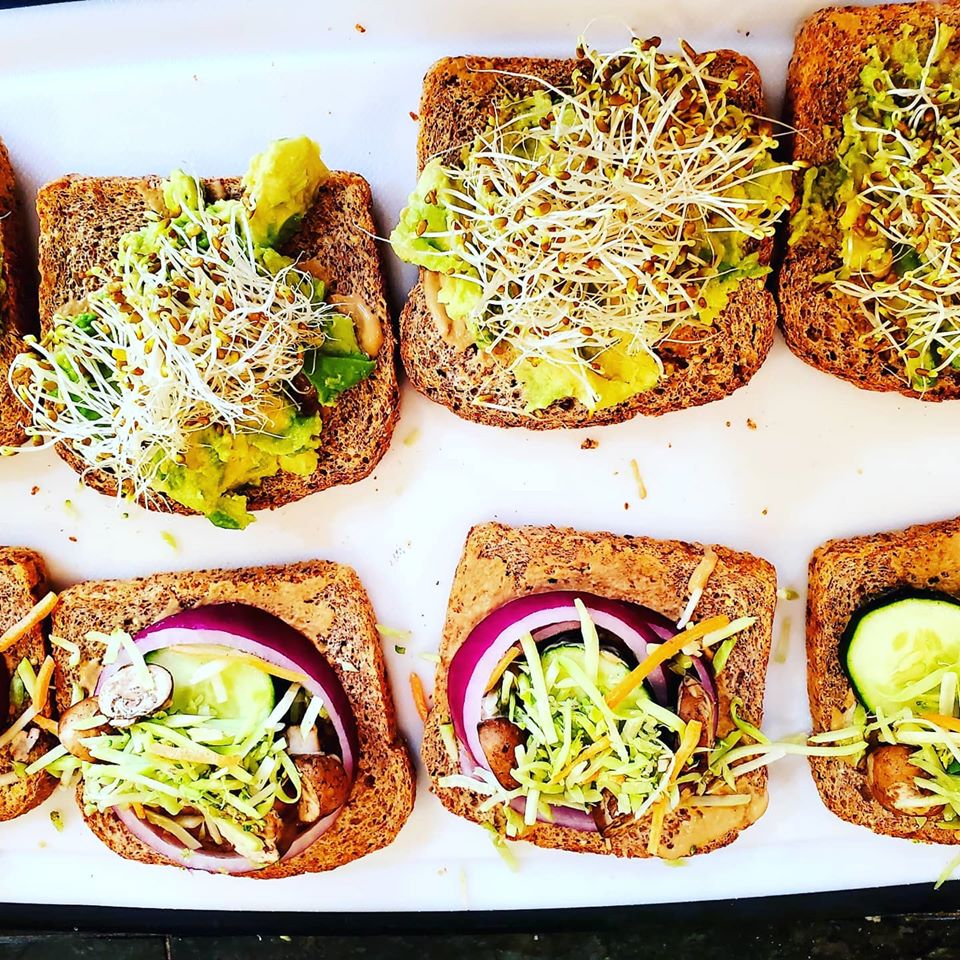
Healthy snacks should not leave you feeling full like a meal does and they should include foods that are high in protein, fiber, complex carbs, but still contain a small amount of healthy fats.
Best Plant-based Protein Snacks
Carrot and celery slices or cherry tomatoes (dipped in a homemade hummus)
Apples, pears, bananas, and other fresh fruits dipped in peanut butter
Air popped popcorn topped with some nutritional yeast
Garbanzo Beans (They can be eaten like peanuts)
Nuts (walnuts, almonds)
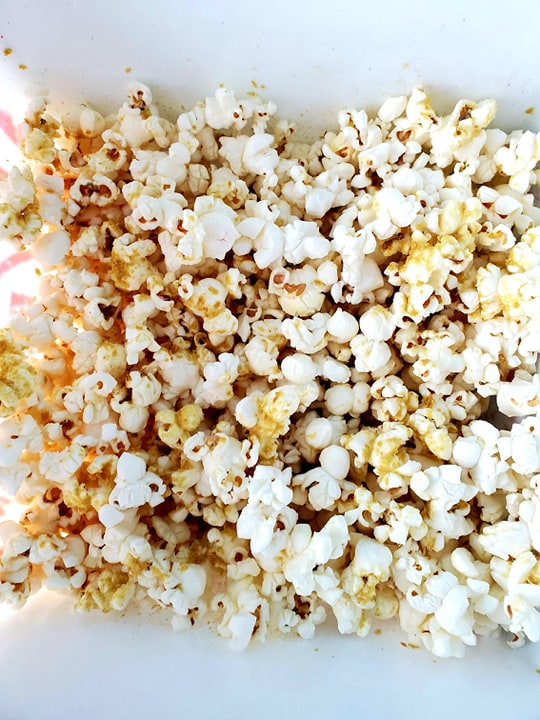
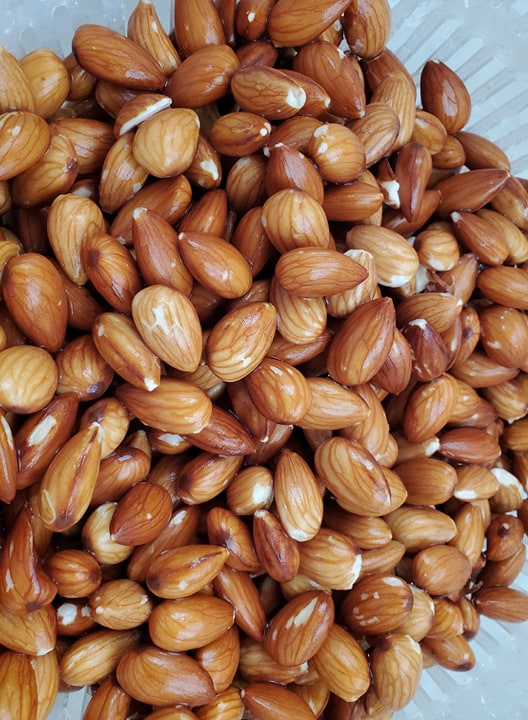
What are some of your favorite plant-based protein rich foods?
References:
Sears MD, W. F. (2019). Dr. Sears L.E.A.N Start Guide. Dr. Sears Wellness Institute.
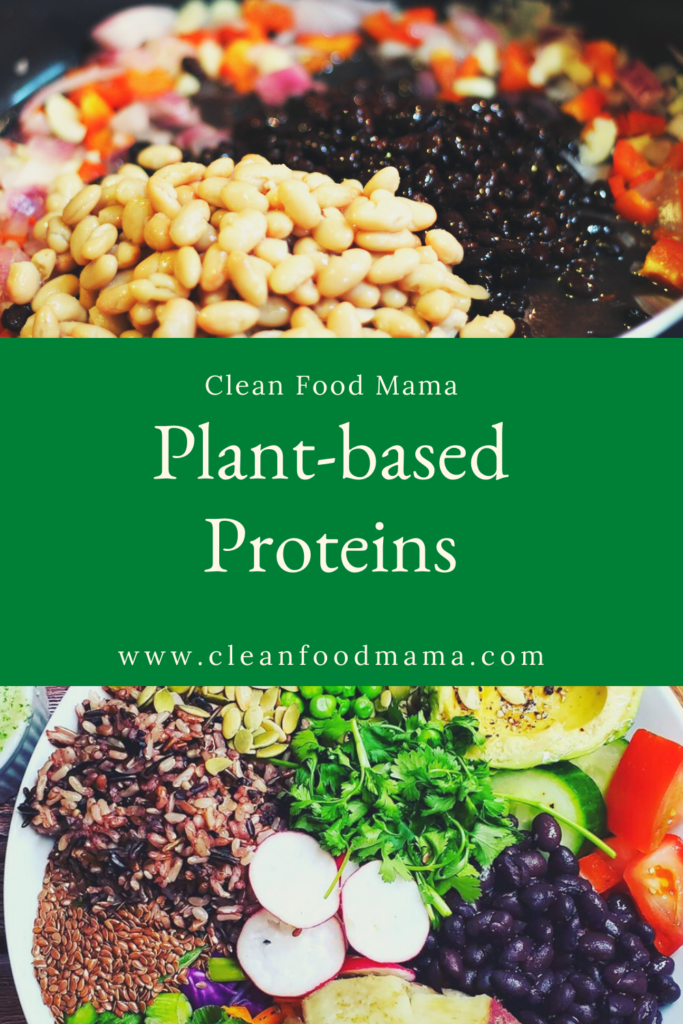

Stephanie Collazo, MS, CHC is the founder of Clean Food Mama, to help you get more plants into your diet. She shed 170 lbs by incorporating a whole foods plant-based diet and loves empowering other women to create healthy habits for themselves and their families.

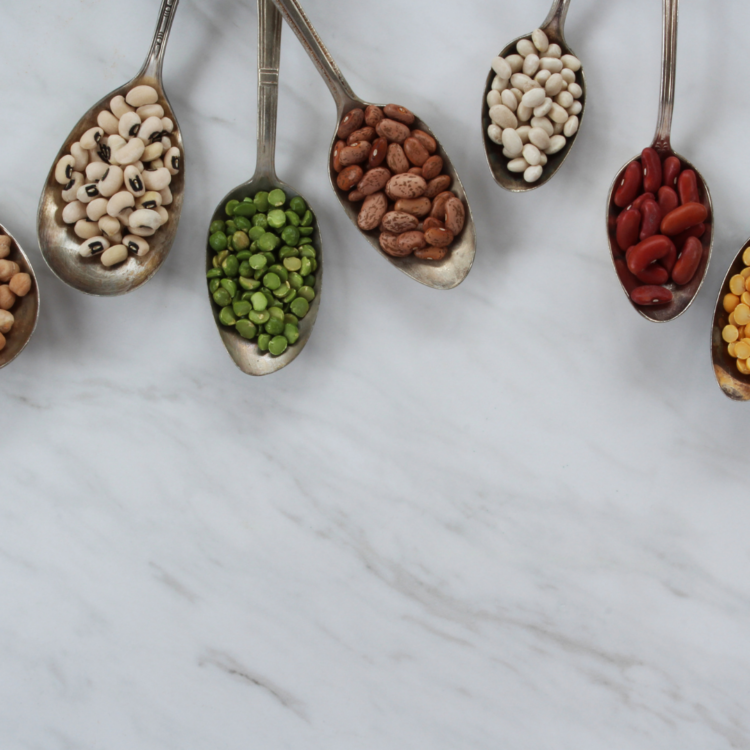

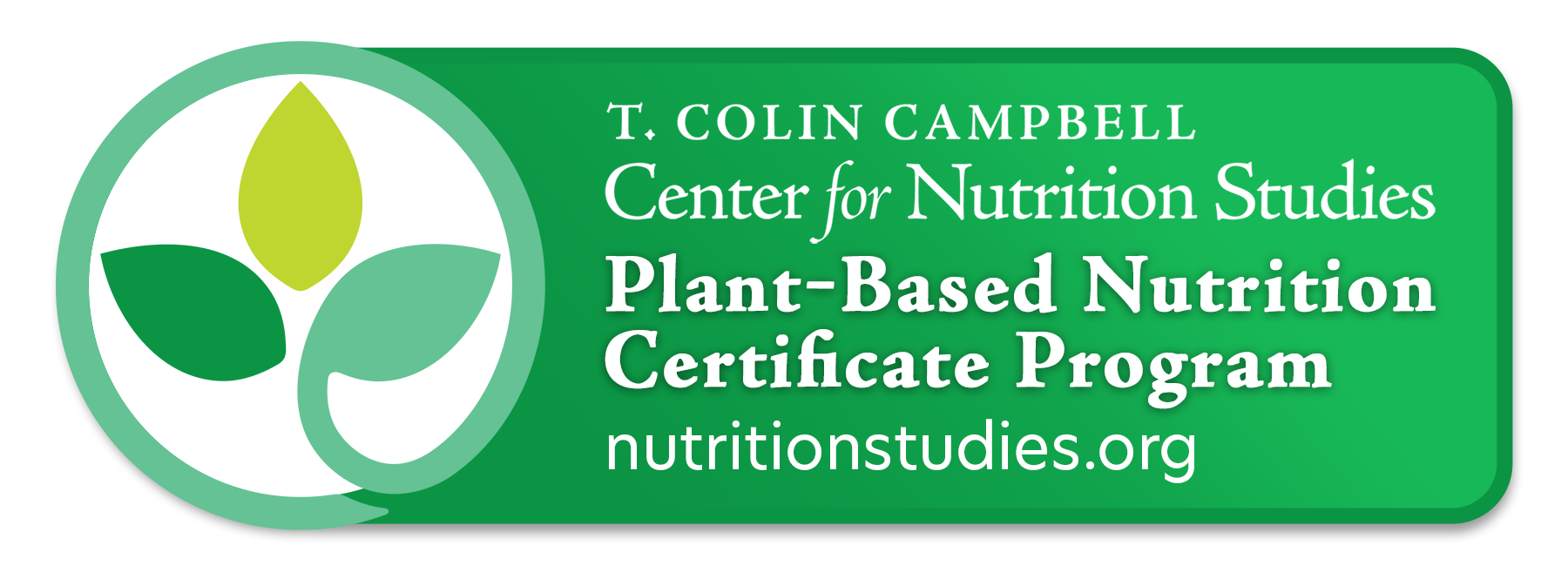
Pingback: Vegan Red Beans and Rice – Clean Food Mama
Pingback: Spinach and Mushroom Lasagna with Cashew Ricotta – Clean Food Mama
Pingback: Sweet Potato Benefits For Your Health - Clean Food Mama